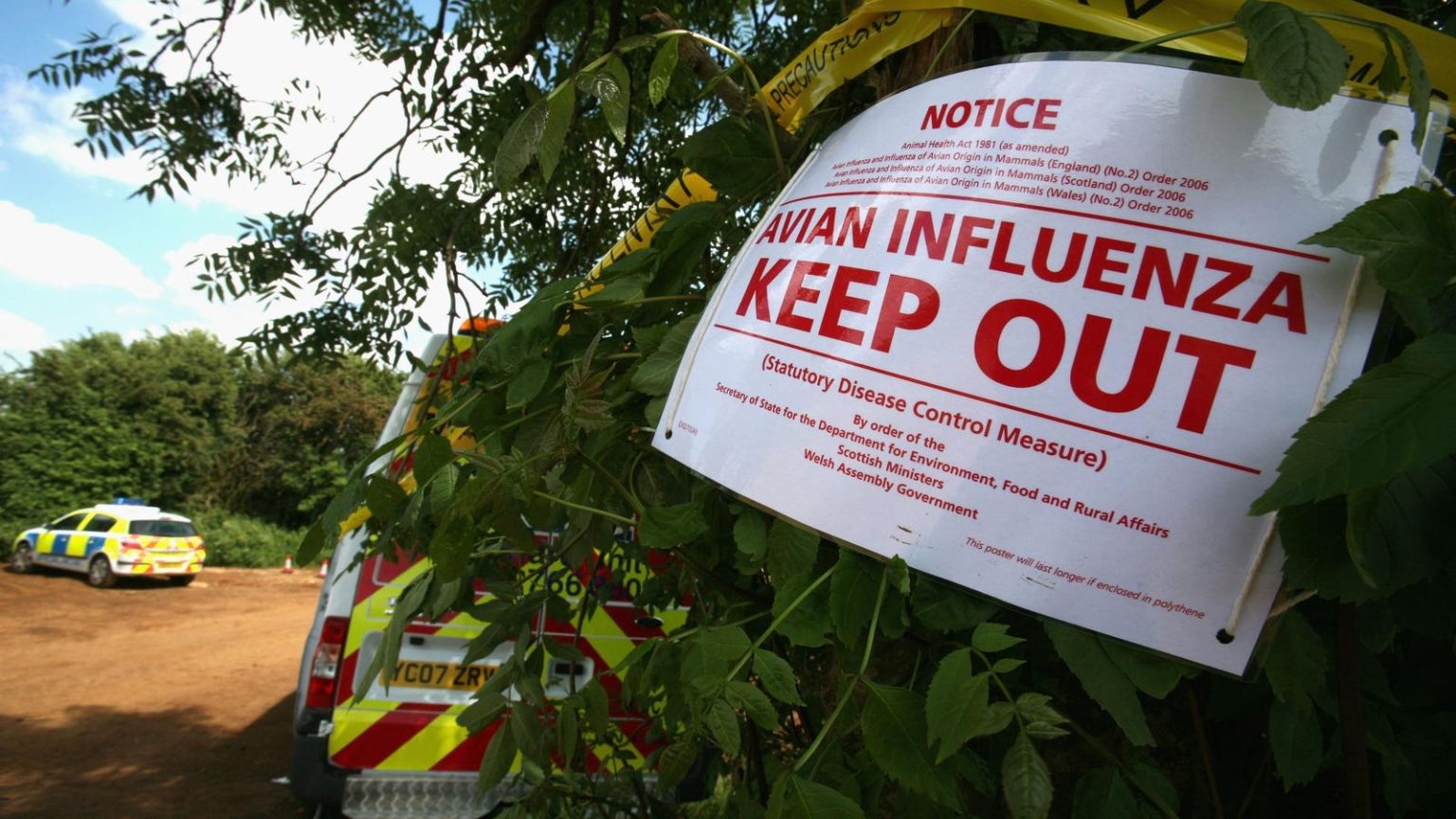A global outbreak of H5N1 bird flu has health officials closely monitoring the situation, with concerns that the virus could mutate and potentially spread to humans. The outbreak started in 2020 and has recently spread among cattle in U.S. states and marine mammals worldwide. The Department of Agriculture has committed funds to help mitigate the spread of the disease, while the Food and Drug Administration is ensuring the safety of the commercial milk supply. There have been reports of people in Colorado being monitored for potential exposure to bird flu, and the Department of Agriculture has been testing grocery store ground beef products for the virus.
Despite concerns about the spread of bird flu, the Department of Agriculture has confirmed that the meat supply is safe, with no traces of the virus found in grocery store ground beef products. Similarly, dairy products have been deemed safe to consume, as the FDA has tested samples and found no live traces of the virus in products like infant formula and cottage cheese. However, there have been reports of some dead remnants of the virus in certain food items. Experts are warning against cow-to-cow transmission of the virus, particularly through the consumption of raw milk—urging against the consumption of unpasteurized milk to prevent potential infection.
The possibility of bird flu spreading between humans is a significant concern, as experts warn of the virus evolving and infecting mammals on land and sea, which could potentially lead to transmission to humans. The CDC has reported two cases of human infection with H5N1 bird flu in the U.S., both coming from contact with infected animals. The symptoms of bird flu in humans include fever, cough, headache, and more, and proper diagnosis typically requires laboratory testing. While the risk of human-to-human transmission of bird flu is low, the CDC advises caution in handling and consuming infected meat or eggs.
The impact of bird flu on egg prices has been significant, with production decreases leading to price increases in the U.S. market. Poultry farmers are forced to cull infected birds to control the spread of the virus, with the USDA providing compensation for those affected. While there are approved vaccines for certain variants of bird flu, there are currently no approved vaccines for the H5N1 variant. Trials for animal-specific vaccines are underway, and the government plans to mass-produce vaccines in case of a human outbreak. The World Health Organization has reported cases of the virus spreading to other animals, including domestic pets, leading to concerns about potential transmission and the need for continued monitoring of the situation.













